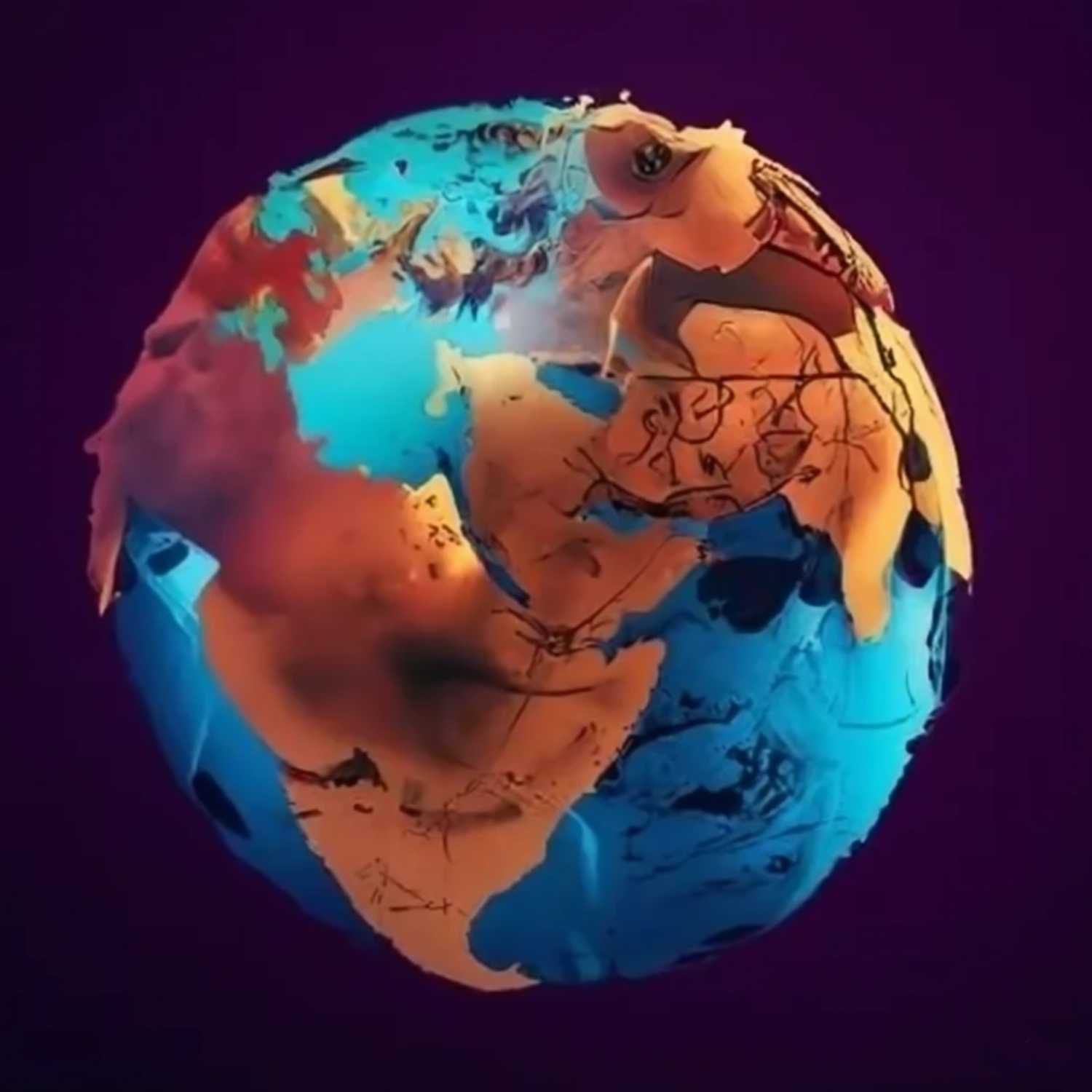#2 - Harmony Through Education: Cultivating Peace, Understanding, and Unity
Introduction:Education fosters peace, tolerance, and understanding.Education's role in promoting empathy and dialogue.Empowerment for positive community change.Education in Conflict Resolution:Education's role in resolving conflicts through understanding.Empowering informed decisions and critical thinking.Access to resources for peaceful conflict resolution.UN SDG 4: Quality Education for peacebuilding.Critical thinking, identifying root causes, fostering dialogue.Encouraging respect for rights and beliefs.Example: Bremer's Failure in Iraq:Cultural understanding's conflict resolution importance.Communication failure leading to mission failure.Education's role in bridging cultural gaps.Education for Reconciliation:Education understands conflict's root causes.Bridging divided communities and fostering empathy.Accountability, respect among opposing parties.Equipping individuals for collaboration and solutions.Education's Societal Impact:Overcoming cultural and social biases.Encouraging critical thinking and empathy.Promoting peaceful dispute resolution.Challenges in resource-limited settings.Investing in Long-Term Education:Focus on sustainable education programs.Govt., philanthropic support for initiatives.Resources for impactful education.Cultural Sensitivity and Acceptance:Embracing diversity, fostering respect.Learning customs, languages, beliefs.Open-mindedness in diverse communities.Education for Model Citizenship:Teaching values, bridging cultures.Promoting tolerance, understanding.Johan Galtung's Theory of Peace:Galtung's peace components.Justice, equity, solidarity, democracy.Challenges in Achieving Peace:Factors hindering conflict resolution.Root causes, cooperation, ideologies.Resource limitations in conflict zones.Building Harmony and Resolution:Promoting understanding, respect.Addressing conflict's root causes.Safe dialogue environments.Education's Contribution to Peace:Education's empathy, dialogue impact.Fostering understanding, respect.Raising awareness, peaceful solutions.Understanding Conflict and Mediation:Linking violence to conflicts.Galtung's mediation approach.Parties' goals, law, rights, needs.Palestinian Children's Education:Challenges in accessing education.Harassment, violence's impact.Long-term psychological, economic effects.Conclusion:Education's peace-promoting role.Empathy, dialogue, sensitivity.Sustainable programs, resources.Conflict resolution's importance.

